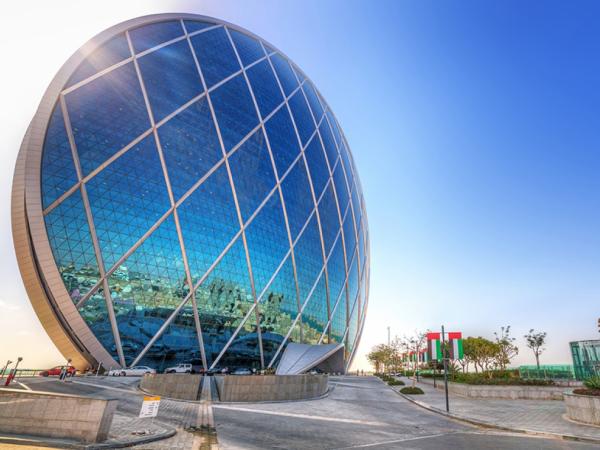
Date: 21 June 2016
The panoramic glass façades of modern day high-rises and office buildings may be aesthetically pleasing, but they can come at a cost.
The visible light they let in, accompanied by infrared light that can cause buildings’ temperatures to rise, can lead to increased air-conditioning use and higher levels of energy consumption, especially in hot, desert climates like the UAE.
The amount of energy needed to cool and ventilate all-glass buildings can make them extremely heavy users of resources, an expense that has both ecological and economic consequences. This is why glazing technologies – the specialized coatings that either reduce or increase the amount of heat and light that passes through glass, depending on the needs of the building – have a critical role to play in the future of glass manufacturing and sustainable urban development.
Photo: The iconic Aldar Headquarters building in Abu Dhabi has a panoramic glass façade glazed with energy-efficient low emissivity coated glass. Masdar Institute Assistant Professor Dr. Adel Gougam may have found a way to significantly reduce the cost and complexity of manufacturing energy-efficient glass coatings.
In fact, researchers estimate that optimized glazing can reduce a building’s cooling load upwards of 20%, which is significant in a country like the UAE, where air-conditioning accounts for up to 75% of peak-day electricity use in the summer months. But producing the necessary glass glazing is not easy, and thus, not cheap.
“Although recent advances in glazing technologies have helped reduce heat transfer in glass buildings, the complex, multi-layered coatings that have been developed are often expensive and difficult to manufacture, adding to the glass’ economic and ecological costs,” explained Masdar Institute’s Assistant Professor of Mechanical and Materials Engineering Dr. Adel Gougam.
The challenge thus is finding innovative ways to improve glazing technologies so that manufacturing costs remain low while also ensuring the natural-looking colorless appearance of glass is not sacrificed, as some heat-blocking coatings alter the color of the glass, giving it a less desirable brown or reddish appearance.
In an effort to make all-glass buildings more sustainable and energy-efficient, Dr. Gougam is leading a team of researchers from the Masdar Institute that has developed a low-cost glass coating that can significantly reduce the amount of heat that penetrates glass while minimizing manufacturing costs. The team’s innovative glazing technology may give the UAE’s glass manufacturing sector a considerable competitive advantage in the region, as building developers seek more sustainable building materials in response to the growing push for “green buildings” that are more environmentally-friendly.
Conventional coatings achieve high selectivity – a measurement that indicates how effective a coating is at blocking heat but letting in sunlight – by stacking multiple layers, usually around five, of varying compositions and thicknesses on a glass pane. Most coatings today use expensive silver nanolayers sandwiched between other layers of various other materials.
“In response to this, we have developed a glass coating made of a single layer of cheap, metallic oxide material that can block heat at nearly the same rate as the highest performing multi-layered coatings currently on the market, while minimizing manufacturing costs,” he added.
Creating these multi-layered coatings is a complex, expensive and rigorous process. Each layer is deposited sequentially over the pane of glass using a physical vapor deposition technique. Through this technique, the nanoparticles from a target material (such as silver) are knocked off by gas molecules, which, powered by electricity, bump up against the target material at high speeds. The knocked off nanoparticles then deposit on the glass pane. Conventional coatings repeat this physical vapor deposition technique several times to create the multi-layered coatings.
The material used by Dr. Gougam’s team to make this unique glass coating is metal oxide based, which when coated on a glass pane, can let in an ample amount of sunlight while blocking solar infrared radiation (the heat-emitting component of the solar spectrum), and retain glass’ neutral and natural appearance at a much lower manufacturing cost than conventional coatings.
“By avoiding the need to repeat the vapor deposition technique several times, we have reduced the complexity and energy requirement of the manufacturing process, as well as the manufacturing cost, contributing to a more sustainable production process and product,” Dr. Gougam said.
A poster describing the research was presented at the 2016 Materials Research Society (MRS) Meeting and Exhibit, which was held in March in Phoenix, USA, and was selected from hundreds of posters as one of the 30 nominated for Best Poster Award.
The assistant professor plans to continue studying ways to optimize further the metal oxide coating, while keeping the manufacturing process as simple and cost-effective as possible. His next steps involve scaling up the coating to ensure that the same level of selectivity is achieved on a larger glass pane, and performing environmental tests to ensure its long-term suitability and sustainability in the UAE’s climate.
Erica Solomon
News and Features Writer
 600450
600450


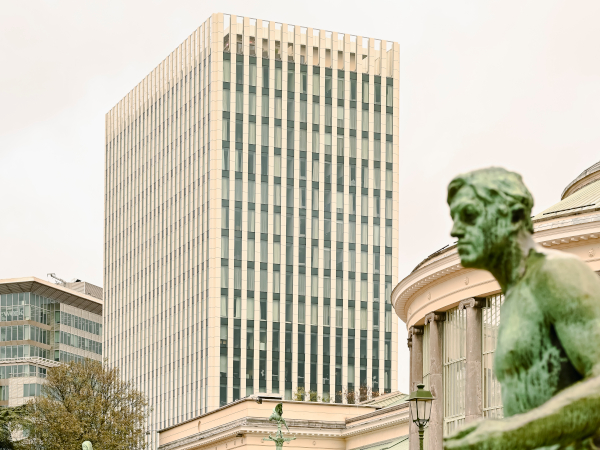

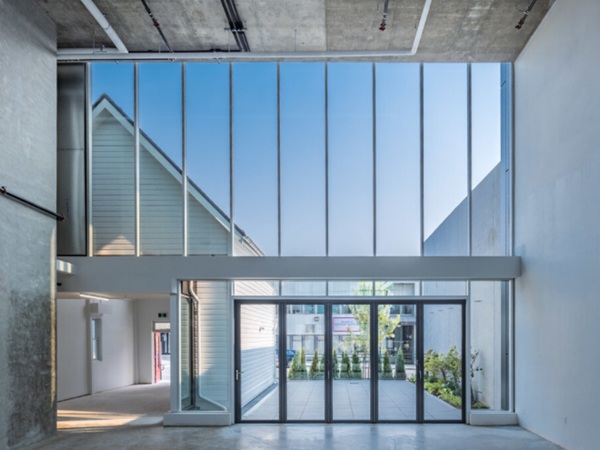

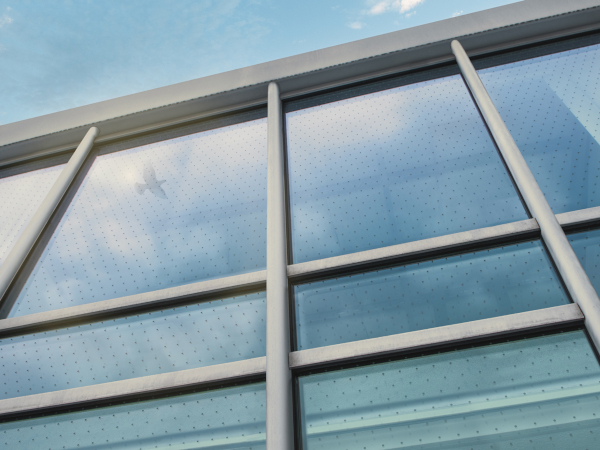













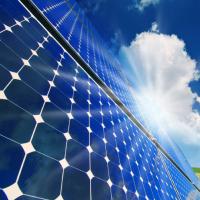
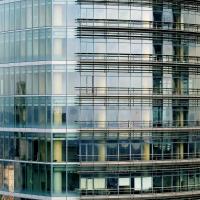

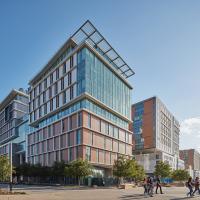
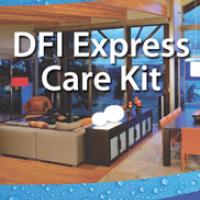

Add new comment